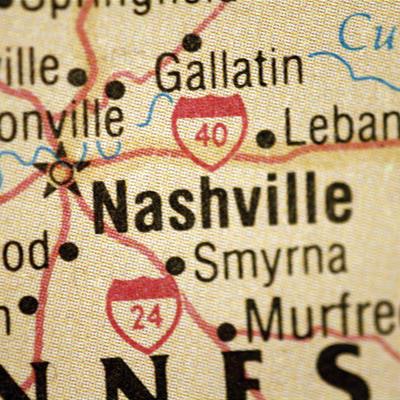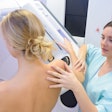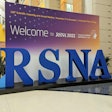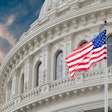
What happened when a major radiology society moved the location of its annual conference at the last minute in response to state antidiscrimination laws discouraging travel to certain states? The meeting went off without a hitch, according to an article published April 30 in the Journal of the American College of Radiology.
The Association of University Radiologists (AUR) was facing a dilemma in May 2017. The association had just learned of the passage of a California law, Assembly Bill 1887, that prohibited the state from reimbursing employees for travel to states that had passed laws discriminating against lesbian, gay, bisexual, and transgender (LGBT) individuals. The legislation included a list of states to which travel would not be reimbursed by the California government, according to an article by Dr. Martha Mainiero of Brown University and Rhode Island Hospital and colleagues (JACR, April 30, 2019).
AUR's upcoming annual conference was scheduled to take place in Nashville, TN, in April 2018, and Tennessee was on California's list of prohibited states. The AUR's board of directors met quickly to discuss the ramifications of losing registration fees from members who worked within the University of California system, according to the article. The board also discussed whether holding its annual meeting in a state on the California list met with the organization's own priorities of diversity and inclusivity (which had been the theme of AUR 2016).
The board ultimately decided to move AUR 2018 from Tennessee if it could do so without financial penalty. This it was able to do by securing an agreement to move the meeting to Orlando, FL, to another hotel in the same chain that had been planning to host the Nashville meeting.
While negotiating the location for the 2018 conference, the AUR board learned that Texas had been added to the California no-travel list -- and AUR 2019 was scheduled to be held in that state. The board, therefore, decided to move the 2019 conference to Baltimore, with that show taking place in April.
Did the AUR get pushback from its members for the moves? The group surveyed 1,761 of its members, getting 12 positive responses and four negative ones. Attendance at the 2018 meeting included 1,423 registrants, largely in line with previous AUR conferences.
The AUR believes that its experience could serve as an example for other medical societies that are faced with navigating the current polarized political environment in the U.S.
"Medical organizations may find themselves involved in conversations and decision-making far removed from their professional society missions," Mainiero and colleagues noted. "We acknowledge the need to both respect and listen to the diverse range of passionate opinions that professional organization members will have concerning religious freedom and antidiscrimination legislation."



















